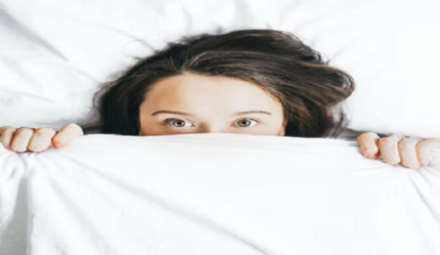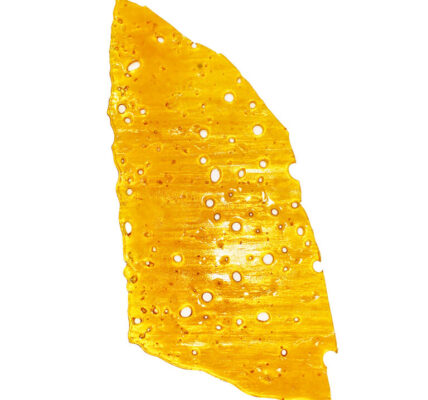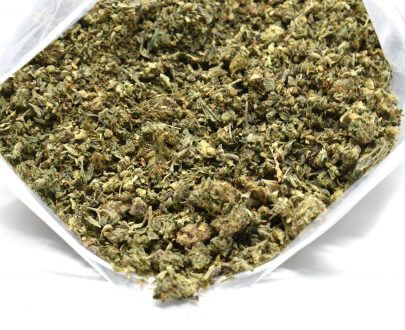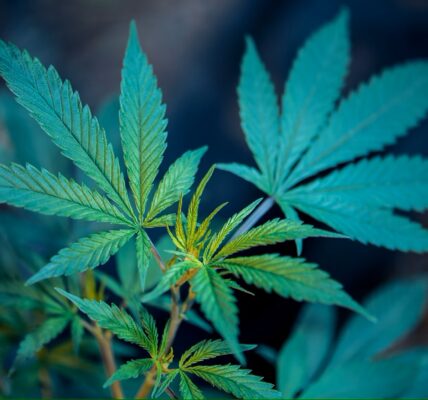Sleep disorders, particularly insomnia, affect a significant portion of the global population, leading individuals to seek alternative treatments beyond traditional pharmaceutical options. One such alternative gaining attention is cannabis. With the increasing legalization and destigmatization of cannabis in various parts of the world, researchers are exploring its potential as a remedy for sleep-related issues. This blog will delve into the existing evidence regarding cannabis and its efficacy in treating insomnia.
What is Insomnia?
Insomnia is a common sleep disorder characterized by difficulties falling asleep, staying asleep, or experiencing restorative sleep. The condition can have a profound impact on daily functioning, affecting mood, cognitive performance, and overall quality of life. Traditional treatments often involve pharmacological interventions, such as benzodiazepines or non-benzodiazepine hypnotics, but these medications come with potential side effects and the risk of dependency.
Cannabis and Sleep: The Endocannabinoid System
Cannabis contains numerous chemical compounds, with cannabinoids being the most studied in the context of sleep disorders. The human body has an endocannabinoid system (ECS), a complex cell-signaling system that plays a crucial role in regulating various physiological processes, including sleep. The two primary cannabinoids found in cannabis, THC (tetrahydrocannabinol) and CBD (cannabidiol), interact with the ECS in different ways.
THC, known for its psychoactive properties, binds to the CB1 receptors in the brain, potentially inducing sedation and relaxation. On the other hand, CBD interacts with both CB1 and CB2 receptors, exerting a more nuanced influence on the ECS. The interplay between these cannabinoids and the endocannabinoid system has led researchers to investigate their potential in alleviating insomnia symptoms.
Scientific Studies on Cannabis and Insomnia
Several studies have explored the relationship between cannabis and sleep disorders, particularly insomnia. However, it’s crucial to note that the findings are still inconclusive, and more research is needed to establish the efficacy, safety, and optimal dosages for using cannabis as a sleep aid.
- THC and Sleep Induction: A study published in the “Journal of Clinical Psychopharmacology” found that THC might decrease the time it takes to fall asleep and increase overall sleep duration. However, these positive effects were accompanied by next-day drowsiness and cognitive impairment.
- CBD and Sleep Quality: Research in “The Permanente Journal” explored the effects of CBD on sleep and anxiety. The study indicated that CBD might have potential as a treatment for insomnia due to its anxiolytic (anxiety-reducing) properties, potentially leading to improved sleep quality.
- Dose-Dependent Effects: One of the challenges in studying cannabis and sleep is the dose-dependent nature of its effects. While lower doses may promote relaxation, higher doses could lead to sedation and impaired cognitive function. Striking the right balance is crucial for achieving optimal sleep benefits.
Concerns and Considerations
Despite the potential benefits, there are significant concerns associated with the use of cannabis as a sleep aid:
- Dependency and Tolerance: Regular use of cannabis, especially THC-rich strains, may lead to tolerance and dependence, making it less effective over time and potentially causing withdrawal symptoms upon cessation.
- Psychological Effects: The psychoactive effects of THC can lead to altered perception and cognition, potentially exacerbating anxiety or contributing to mental health issues in susceptible individuals.
- Legal and Ethical Considerations: The legality of cannabis varies globally, and individuals should be aware of the legal and ethical implications of its use in their respective locations.
Conclusion
While some studies suggest that cannabis, particularly THC and CBD, may offer potential benefits for individuals struggling with insomnia, it is crucial to approach this option with caution. The existing evidence is preliminary, and more research is needed to establish the long-term safety, efficacy, and optimal dosages for using cannabis as a sleep aid. Individuals considering cannabis for insomnia treatment should consult with healthcare professionals to ensure they make informed decisions aligned with their overall health and well-being.





